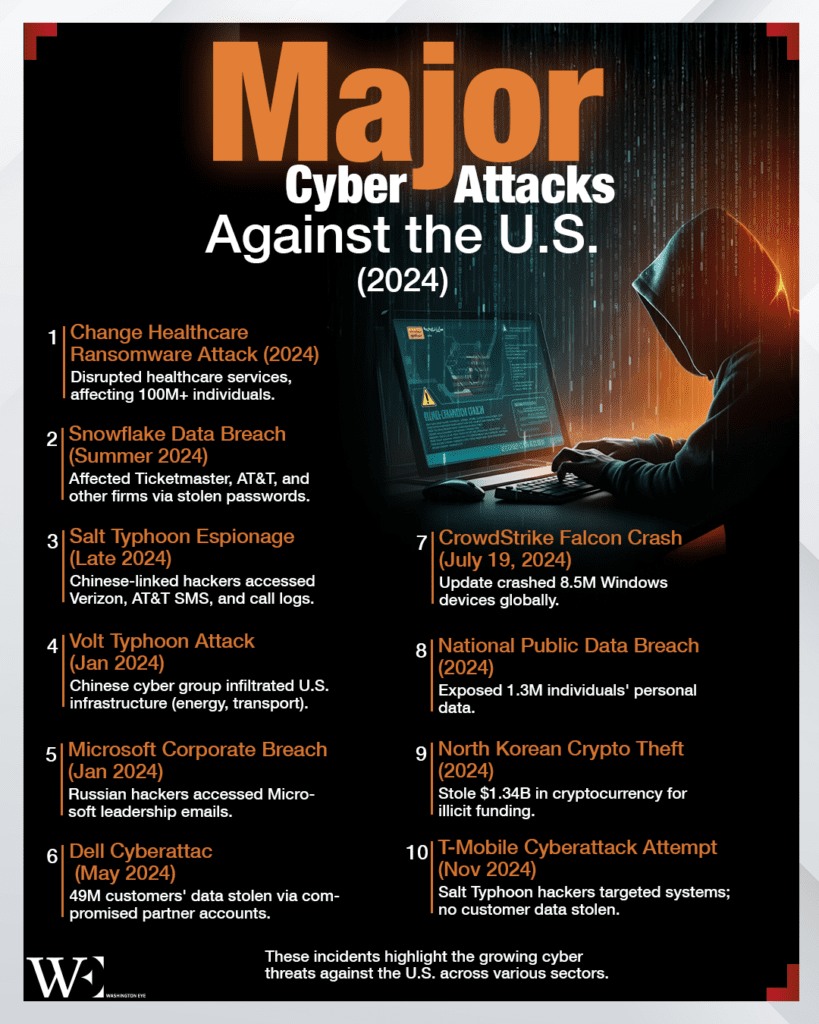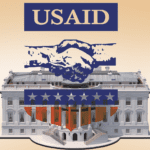A silent digital threat is infiltrating businesses worldwide, with North Korean operatives posing as freelance IT professionals to gain access to sensitive systems. Under the guise of legitimate remote work, these cyber mercenaries are not just stealing data—they’re extorting companies, diverting funds, and strengthening Pyongyang’s illicit operations.
The Federal Bureau of Investigation (FBI) has now escalated its warnings, revealing a troubling rise in data extortion linked to these covert agents. As North Korea tightens its grip on cybercrime to bypass sanctions, the risks for unsuspecting businesses are greater than ever.
The Growing Threat of North Korean IT Contractors
According to the FBI, North Korean IT workers have been infiltrating international businesses, primarily in the United States, by securing remote work contracts under fraudulent identities. Once inside company systems, they engage in illicit activities such as stealing sensitive data, misusing proprietary source code, and even demanding ransom from their employers.
Recent cases have revealed that these operatives often clone entire repositories of company code onto personal accounts, using platforms like GitHub. In certain instances, when confronted, they have resorted to extorting businesses by threatening to release confidential data. Additionally, these IT workers employ sophisticated tactics to evade detection, including harvesting login credentials, hijacking active work sessions, and accessing corporate networks from unauthorized devices.
Cybersecurity and the U.S.-North Korea Digital Battlefield
The FBI’s warning about North Korean IT workers is part of a much larger conflict in the realm of cybersecurity. For decades, North Korea has invested heavily in cyber operations as a means of generating revenue and undermining its adversaries. Unlike traditional military engagements, cyber warfare allows North Korea to bypass sanctions and strike at financial institutions, cryptocurrency markets, and corporations worldwide.
The United States has been a prime target of North Korea’s cyber activities, with groups like Lazarus Group conducting high-profile cyber heists and ransomware attacks. These state-sponsored hackers have been linked to multimillion-dollar thefts from banks and cryptocurrency exchanges, enabling North Korea to fund its nuclear weapons program despite international sanctions. The deployment of IT workers into Western companies represents a more subtle but equally dangerous tactic—one that allows North Korea to not only extract funds but also gather intelligence and compromise critical infrastructure.
In response, the U.S. government has ramped up efforts to counter these threats. The FBI, along with agencies like the Cybersecurity and Infrastructure Security Agency (CISA) and the National Security Agency (NSA), has been tracking North Korean cyber activities and issuing frequent warnings to businesses. However, as North Korean cyber operatives continue to adapt and evolve, it remains a constant challenge for governments and corporations to stay ahead of these threats.
Beyond North Korea: Russia, China, and Iran
While North Korea’s cyber capabilities are a pressing concern, the United States faces significant threats from other adversarial nations as well. The digital battlefield extends beyond North Korea, encompassing cyber threats from Russia, China, and Iran, each with unique tactics and objectives.
Russia: Election Interference and Cyber Espionage
Russia is one of the most sophisticated cyber adversaries of the United States, leveraging cyber operations to influence geopolitical outcomes. Russian cyber actors, particularly groups linked to intelligence agencies like the GRU (e.g., Fancy Bear) and the FSB (e.g., Cozy Bear), have been involved in election interference, cyber espionage, and ransomware attacks. Russian hackers have been implicated in cyber campaigns aimed at influencing U.S. elections through disinformation, social media manipulation, and hacking political organizations’ networks. They have also conducted widespread cyber espionage operations targeting government agencies, corporations, and critical infrastructure. The 2020 SolarWinds cyberattack, which compromised multiple U.S. government agencies, is attributed to Russian state-backed actors. Additionally, Russian cybercriminal groups, often operating with tacit state approval, have launched devastating ransomware attacks on U.S. businesses, hospitals, and infrastructure.
China: Intellectual Property Theft and Supply Chain Compromise
China’s cyber activities primarily focus on economic espionage, intellectual property theft, and influence operations. The Chinese government-backed Advanced Persistent Threat (APT) groups, such as APT10 (also known as Stone Panda) and APT41, have systematically stolen trade secrets and proprietary technologies from U.S. companies, particularly in industries like aerospace, pharmaceuticals, and semiconductor manufacturing. Chinese hackers have been implicated in efforts to infiltrate U.S. power grids, water treatment facilities, and telecommunications networks. Additionally, China has used its influence over global supply chains to insert backdoors into hardware and software, enabling long-term surveillance and cyberattacks against U.S. targets.
Iran: Cyber Disruptions and Retaliatory Attacks
Iran has emerged as a formidable cyber adversary, focusing on disruptive attacks against U.S. infrastructure and businesses. Iranian-linked groups such as APT33 (also known as Elfin) and APT34 (also known as OilRig) have engaged in retaliatory cyberattacks, financial sector targeting, and disinformation campaigns. Following geopolitical tensions, Iranian hackers have launched attacks against U.S. government entities and private businesses, often using wiper malware to cause operational disruptions. Iran has also targeted U.S. banks with Distributed Denial-of-Service (DDoS) attacks, attempting to cripple online banking services. Furthermore, Iranian cyber operatives have used social media platforms to spread disinformation and manipulate public opinion on U.S. foreign policy and domestic issues.
Final Note
The battle between the U.S. and its cyber adversaries is likely to intensify as technology advances. With cyber warfare becoming a key tool in geopolitical conflicts, the need for strong cybersecurity measures and vigilance has never been greater. The evolving threats from North Korea, Russia, China, and Iran underscore the importance of a coordinated defense strategy to protect national security and economic interests.

















